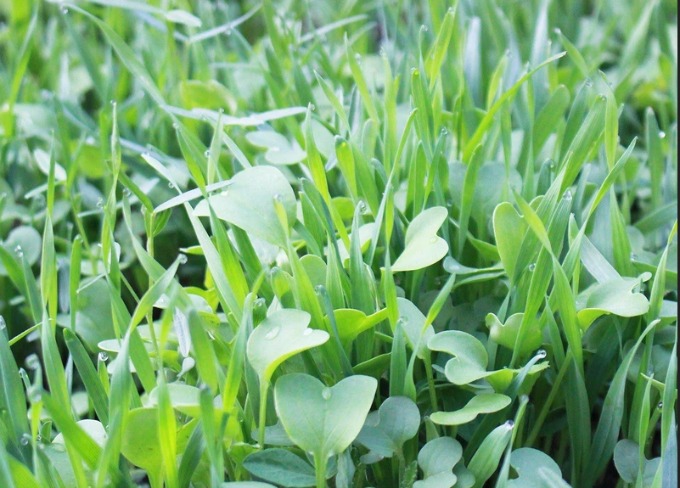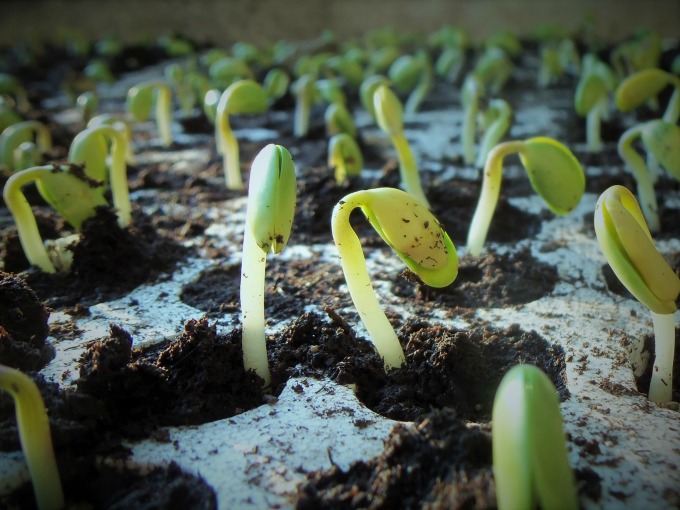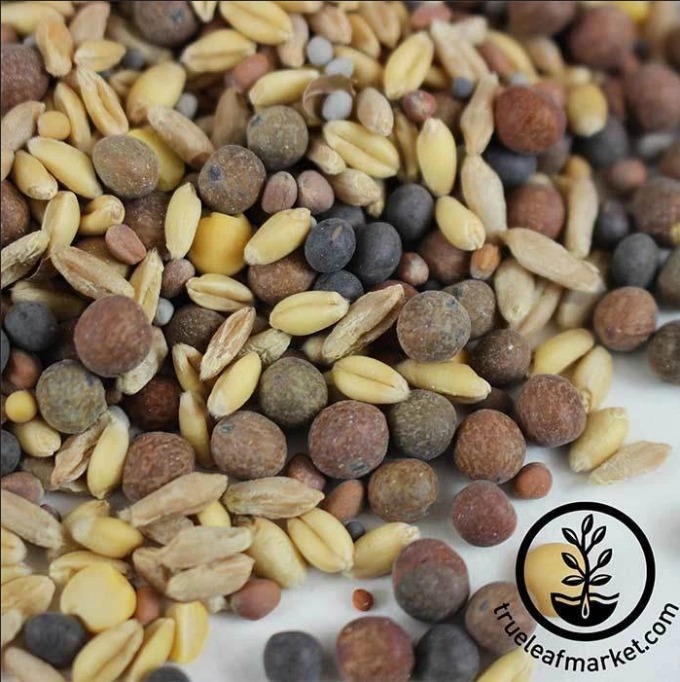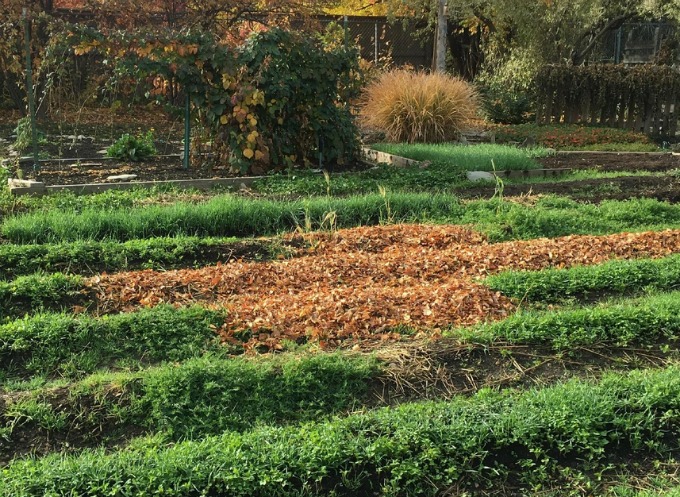This post about cover crops is sponsored by True Leaf Market
Spring has arrived, and with the warmer weather, many people are thinking about planting a garden. Whether you’re planting flowers, vegetables, or herbs, you need to nurture your plants. Thoughts start to turn to your plants, and how you’ll keep them in their best shape and healthy.
Most people will start to think of fertilizer, but that’s not the only way to feed and nurture your garden. Not at all.
How to feed and nurture your plants
Gardeners have lots of options today. You can choose from chemical fertilizers and organic fertilizers including manure and compost. Both have their advantages, but they have drawbacks, too. Chemicals and synthetics can burn your plants, if applied at too high concentration; they also pollute the water runoff that drains into lakes and rivers.
Organic compost and manure are the better alternatives. However, they can be expensive if you aren’t able to produce them yourself. Organic composts and manure also need to be aged, applied in a layer several inches deep, and then incorporated into the soil to be useful. That’s a lot of manual labor that not everyone is up for.
Another great option is to plant a cover crop. What is a cover crop, you may ask. Do you remember in school when we learned about crop rotation, or letting a plot of land lay fallow? Well, that’s not always an option. Cover crops are something you plant to feed the soil, and to make sure that there will be adequate nutrients for your real crops.This method of planting has been around for eons, literally. Even the Romans used cover crops in their farming techniques.
Cover crops are planted to feed the soil, and in turn, it grows better plants. Typically, a cover crop is planted after the fall growing season, but can also be planted a month before the spring planting. They are typically a grain, grass or legume, that are planted and tilled or cultivated into the soil before they can go to seed. True Leaf Market has a variety of cover crops seeds and can help with what would be best for your locale and climate.
Advantages of planting a cover crop
Cover crops provide what’s commonly known as green manure. When the crop is cut back, it provides needed nitrogen and nutrients that are added back into the soil, and food for the many natural beneficial organisms. And, while providing nutrients for the soil, the cover crop also virtually eliminates weeds by crowding them out. You can cut it back by mowing or with a weed eater. Once it has been cut, the plants are left to lay on the soil for the winter, providing mulch. They will break down and decompose during the winter to feed the garden loam. Cover crops are a great way to winterize your garden, too.
If you want to improve your soil quality, you’ll also want to look into cover crops. Whether your have hard clay soil or sandy soil, a cover crop’s root system will add organic matter into deeper layers of the soil. This will not only help amend your soil, and help plants to thrive, but it will also allow your soil to hold more water and nutrients. In turn, your plants roots will be able to reach deeper layers.
True Leaf Market’s cover crop seeds consist of a unique blend of plants that are designed to put nutrients back into the soil and aerate the ground for your next planting. The mix includes four different legumes to add nitrogen to the soil, and three hardy grains for quick cover and bio-mass.There’s also, a deep-rooted radish to help break up and aerate the soil, a mustard variety that has natural insecticidal properties, and a great collard for forage and additional biomass.
Cover crops also aid with soil erosion issues by providing a living mulch. During the heavy fall and winter rains, wind and snow, cover crops will hold the soil in place. It will also help allow more water to soak into the ground. A bonus of this is that your soil will retain natural nitrogen and minerals that are carried by the rainwater. The cover crop also keeps naturally occurring minerals from leaching in the rain. And after you’ve spent all spring and summer building your soil up with compost and other nutrients, your cover crop will hold that precious topsoil in place while enriching it for next season’s plants.
Cover crops will provide a gardener with a lot of the help needed to build their garden soil, in a way that is inexpensive, doesn’t take too much extra work, and is almost foolproof. True Leaf Market can help with everything from what to plant and when, to how much will you need.




